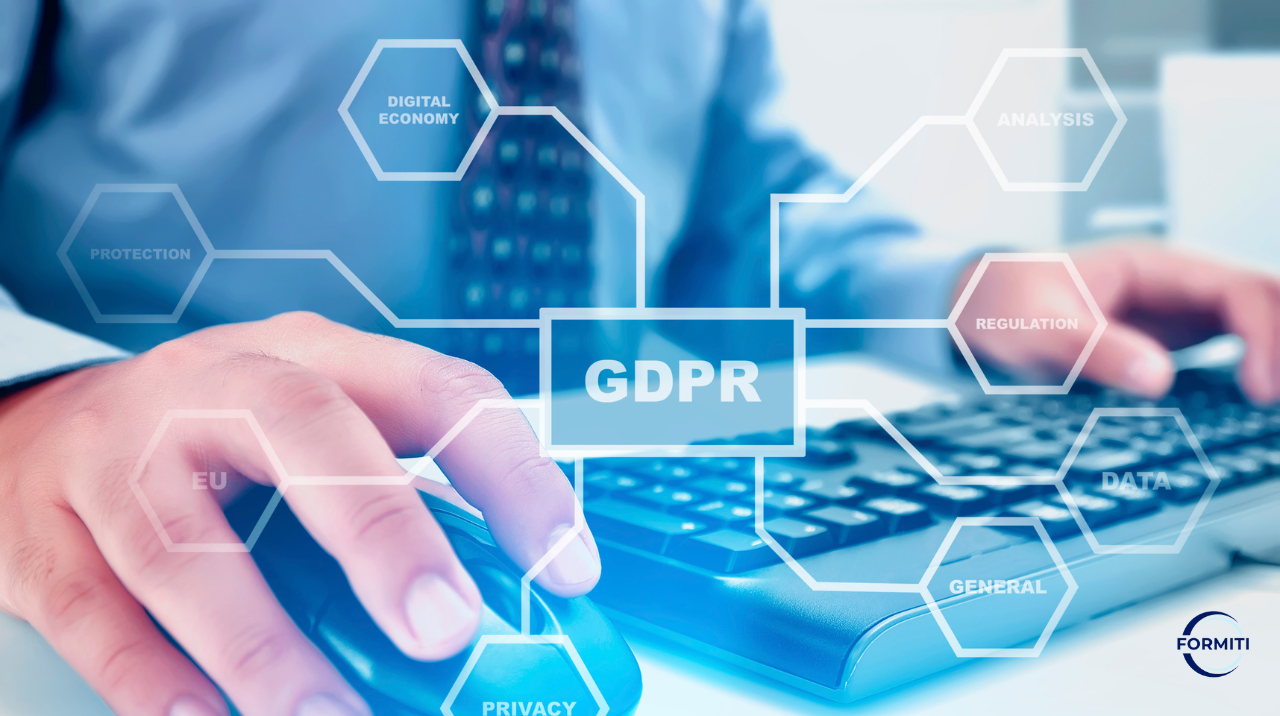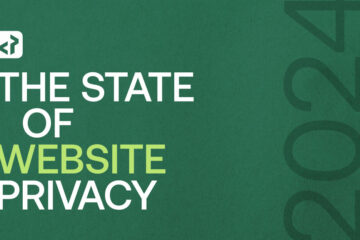Welcome to the World of GDPR Compliance
Hey there! Ever since the GDPR was rolled out in 2018, organisations worldwide have been on high alert to protect personal data. Industries like biotech, fintech, and medical devices, which handle sensitive data regularly, are under extra pressure to stay GDPR compliant. It’s not just a box-ticking exercise for them; it’s crucial for their business reputation and customer trust. Understanding the ins and outs of GDPR rules is key for these sectors to stay on the right side of data privacy laws and avoid hefty penalties.
Why GDPR Compliance is a Big Deal in Biotech, Fintech, and Medical Device Industries
The GDPR isn’t just a European thing—it’s a global standard that affects any organisation dealing with EU citizen data. Compliance means meeting strict requirements like data minimisation and robust security measures. This is especially challenging for industries like biotech, fintech, and medical devices, where data sensitivity and regulatory scrutiny are at their peak.
GDPR in Biotech: Keeping Health Data Safe
Biotech companies handle tons of sensitive health and genetic data, so GDPR compliance is a must. They have to put in place top-notch data protection measures to safeguard this personal info. Not following the rules could lead to breaches that not only compromise patient privacy but also damage the company’s reputation and stakeholder trust. For biotech firms, GDPR compliance means strict consent protocols, accurate data handling, and being accountable every step of the way.
GDPR’s ‘privacy by design’ and ‘data minimisation’ principles are crucial here. Biotech companies need to embed data protection into their processes from the get-go and only collect data necessary for their research. To avoid trouble, they have to keep detailed records and be ready to prove their compliance to regulators.
GDPR in Fintech: Winning Trust in a Data-Driven World
Fintech companies are pioneers in using data for personalized financial services. But with great data comes great responsibility to comply with GDPR. Since they handle personal identifiers like payment history and biometric data, they’re under intense scrutiny on how they handle, store, and share this info.
Fintech firms need clear consent processes, regular data checks, and top-level encryption tech. Breaking GDPR rules can lead to hefty fines and a loss of customer trust—something crucial in the competitive fintech market. By nailing GDPR compliance, fintech companies can reassure clients and investors that their data is safe, building a reputation as a reliable financial partner.
GDPR in Medical Devices: Striking a Balance between Innovation and Data Privacy
Medical device companies face a unique GDPR challenge with their mix of healthcare, technology, and patient data. IoT-connected devices gather a wealth of sensitive info, offering valuable insights but also posing risks of breaches and non-compliance.
For these companies, GDPR compliance means prioritizing data protection and ensuring data security both at rest and in transit. They also have to give individuals rights to access, correct, and erase their data, which can be tricky given the spread of data across different devices and systems. Meeting GDPR rules demands solid policies that cover data subject rights and enforce strict data management standards. Non-compliance doesn’t just mean fines; it could lead to product recalls and a hit to their reputation.
Implementing Smart GDPR Compliance Strategies
While the specifics of GDPR can vary by industry, some strategies work across the board:
- Regular Data Audits: Check and balance all personal data, assess its necessity, and follow data minimisation principles.
- Appoint a Data Protection Officer (DPO): A DPO oversees data protection strategies and ensures GDPR compliance.
- Privacy by Design and Default: Integrate data protection into daily operations and limit data collection to the bare minimum.
- Respect Data Subject Rights: Let individuals exercise their GDPR rights, like data access and erasure.
- Beef up on Cybersecurity: Protect personal data with strong cybersecurity measures like firewalls and encryption.
In a Nutshell: Simplifying GDPR Compliance with Formiti’s Outsourced DPO Service
If navigating GDPR sounds like a headache, worry not. Formiti’s Outsourced Data Protection Officer (DPO) Service is here to help. Our experienced data protection experts can guide you through GDPR obligations seamlessly, from data audits to liaising with regulators. With Formiti as your DPO partner, GDPR compliance becomes a strategic advantage, not a regulatory headache.



